LETTER | Tioman Island, nestled within the state of Pahang, has long been regarded as an ecological paradise and a cherished tourism destination. This gazetted marine park boasts pristine rainforests and is home to a multitude of wildlife species.
Notably, at least 61 percent of the island is designated as a wildlife reserve, highlighting its commitment to protecting and preserving its diverse ecosystems.
But amidst its breathtaking beauty lies an imminent threat that could shatter this delicate equilibrium. Astonishingly, it seems that the government is overlooking the profound significance of this protected area.
The audacious proposal to construct Tioman International Airport, which signifies a brazen invasion of the island's pristine landscape, not only showcases a blatant disregard for environmental preservation but also exacerbates the gravity of the situation by introducing international air travel, further intensifying the potential ecological and socio-economic impacts.
The island's main access point has traditionally been through ferry services, and a small airport which once primarily catered to chartered flights, now also accommodates commercial flights.
The initial proposal to build an RM120 million airport in Kampung Paya in 2003 was met with resistance from locals, environmentalists, and the then-transport minister Ong Tee Keat.
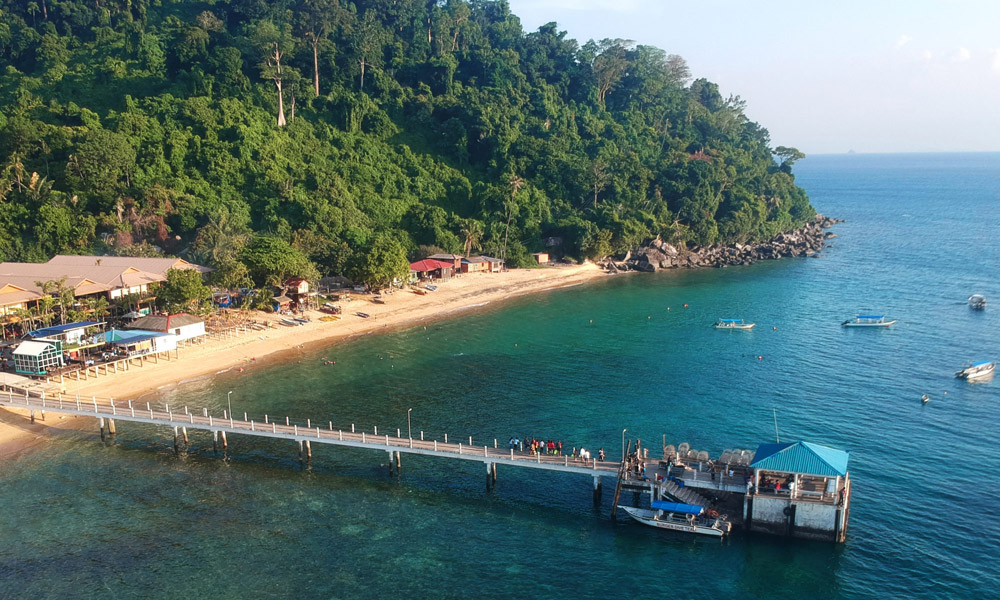
Environmental concerns and the collective outcry against the project led to its cancellation in 2009. It was a victory for environmental consciousness, emphasising the importance of preserving Tioman's delicate ecosystems.
Despite the previous rejection and clear environmental risks, a renewed proposal emerged in 2018 for the development of Tioman International Airport announced by the Berjaya Corp Bhd founder and non-executive chairman Vincent Tan.
Shockingly, this proposal received approval from the Pahang state executive council and the National Physical Planning Council in 2020. The proposed airport, scheduled for development from 2024 to 2030, aims to occupy a significant area of 142.70ha, which would be reclaimed from the sea within the boundaries of the gazetted marine park.
It is worth exploring the factors that led to the approval and understanding of the considerations and assessments made by these entities. This could shed light on whether private interests may have influenced the decision or if the approval was solely based on environmental, economic, or other relevant factors.
However, it is important to note that the view of Natural Resources, Environment, and Climate Change Minister Nik Nazmi Nik Ahmad on the proposed airport is yet to be revealed.
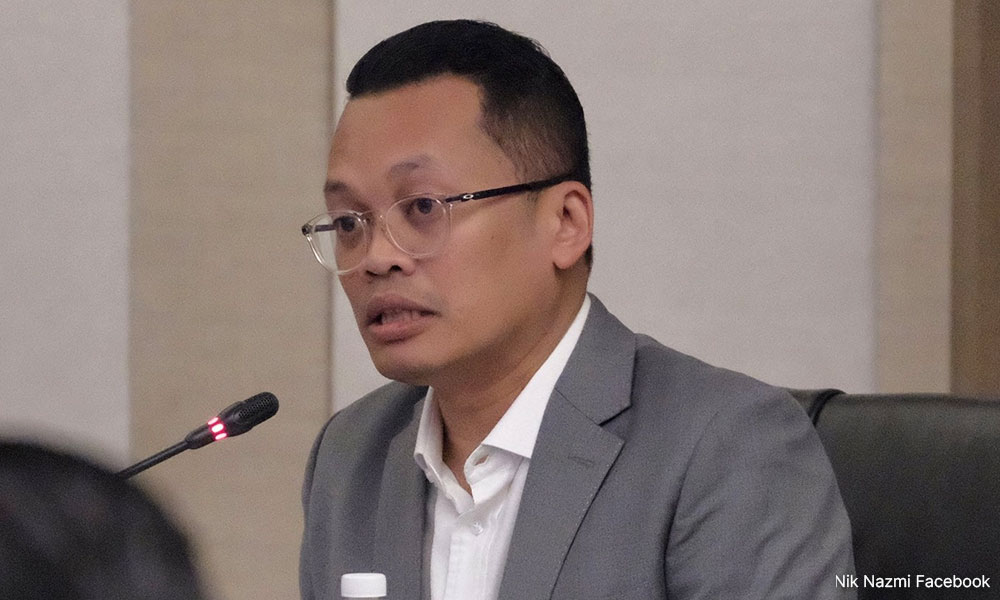
A recent media report stated that Nik Nazmi has recognised the significance of Tioman Island as a crucial marine site and has expressed his intention to thoroughly examine the project's environmental impact assessment (EIA) report before providing any comments.
The environmental impact assessment (EIA) report reveals the distressing reality of the project. More than three-quarters of the airport would be built on reclaimed land within the marine protected area, resulting in the destruction of Tioman Island's precious coral reefs. These reefs are vital habitats for numerous marine species and contribute significantly to the island's biodiversity.
Furthermore, the proposed airport site encroaches upon areas known for sightings of vulnerable blacktip reef sharks and critically endangered hawksbill sea turtles. These species are already under threat from various environmental pressures, and the airport's construction would only exacerbate their plight.
Tioman Island's allure lies in its unspoiled natural splendor, but it is disheartening to witness the government's lack of understanding regarding the significance of these protected areas and the necessity of environmental conservation.
According to Alvin Chelliah, senior programme manager and marine biologist at Reef Check Malaysia, a new airport is unnecessary and will not benefit the local community or the environment. He emphasizes the need to focus on improving infrastructure, drainage systems, waste treatment, and electricity supply on Tioman Island.
Chelliah highlights the frequent water shortages and issues with improper waste management. He believes that building a new airport would divert resources from addressing these pressing issues and have a negative impact on the local community and environment.
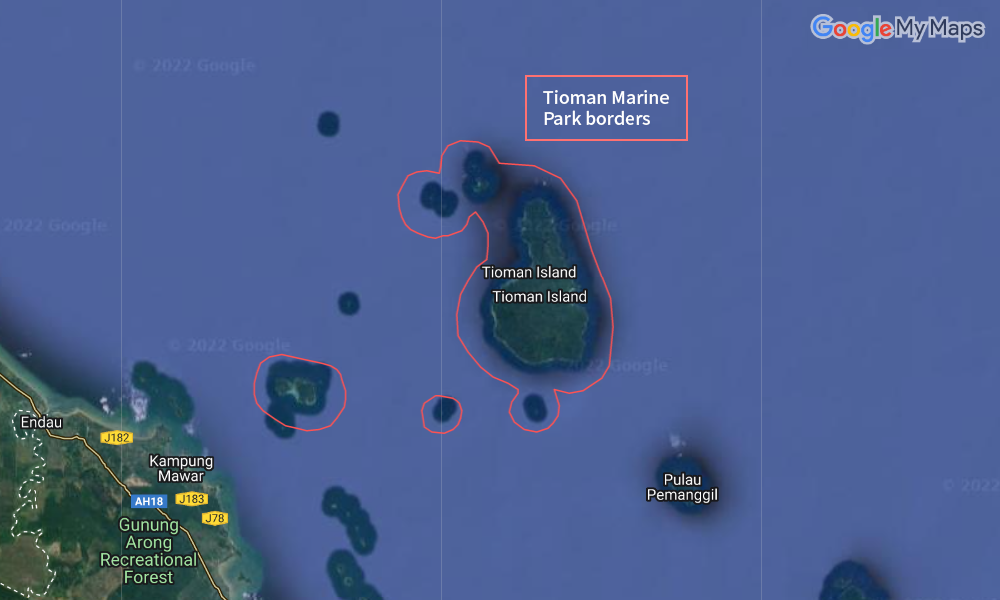
Introducing a massive influx of tourists through a new airport would only exacerbate these problems and further strain the island's capacity to provide essential services.
Chelliah calls for more research and environmental assessments before approving such projects, emphasising the importance of considering the needs and perspectives of the locals.
A recent media report revealed that the EIA report for the proposed Tioman International Airport includes measures to mitigate the environmental and socio-economic impacts.
The report suggests implementing a marine conservation and rehabilitation plan, which involves relocating and propagating corals to four designated sites and two coral farms before any construction begins.
Additionally, to address potential socio-economic impacts, the report recommends offering tourist tax reductions to resort operators and related businesses for at least the next five years.
While the relocation of corals may appear to be a proactive measure to protect these fragile organisms, it is important to critically examine the drawbacks and limitations of such an approach.
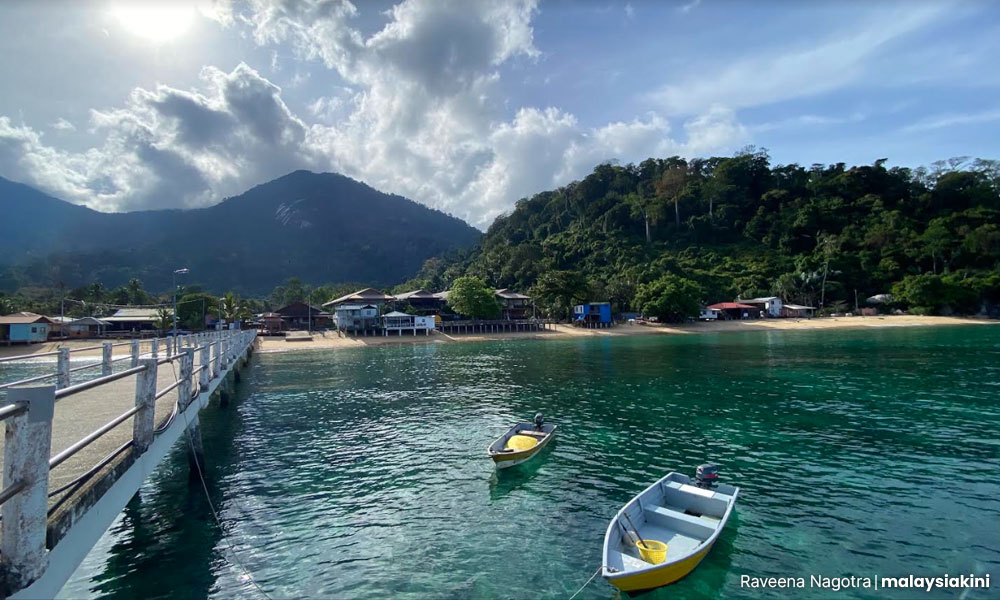
Relocating corals from their natural habitats to new sites can have adverse effects on their survival and the ecosystems they support.
Transplanted corals often struggle to adapt to new conditions, leading to a high mortality rate. The complex interactions between corals, marine organisms, and the surrounding environment cannot be replicated in artificial settings.
The disturbance caused by relocation can disrupt the delicate balance of the ecosystem and result in long-term ecological consequences.
Furthermore, offering tourist tax reductions to compensate for the potential degradation of the marine ecosystem is insufficient. While reduced taxes may provide short-term financial relief for resort operators and businesses, it does not address the irreversible damage to Tioman Island's environment and biodiversity.
The long-term sustainability of the island should not be compromised for immediate economic benefits. Instead, it is crucial to prioritise comprehensive and sustainable measures that protect the island's natural resources, promote responsible tourism practices, and invest in the development of alternative industries that are less detrimental to the environment.
The Regent of Pahang, Crown Prince Tengku Hassanal Ibrahim Alam Shah, who is known for his commitment to environmental causes, as demonstrated by their participation at the 2022 United Nations Climate Change Conference (COP27) carries immense weight in the protection of Tioman Island.
Pahang boasts the largest nature reserve on the peninsula. Therefore, their intervention in the proposed airport project is vital, and it would be a loss to see it depleted with the development of the airport.
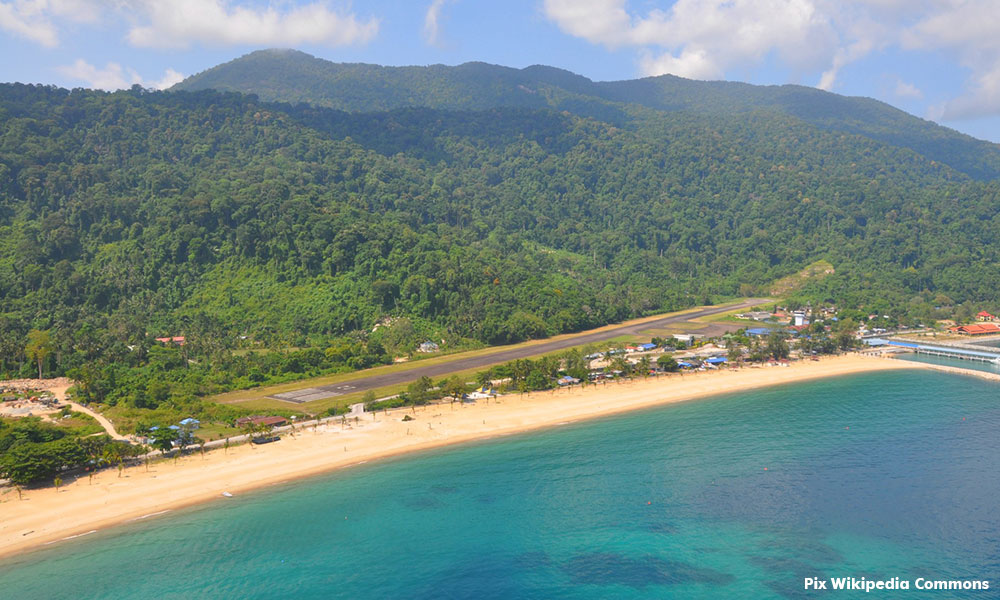
Sustainable development is crucial for the well-being of our planet and future generations. It emphasises finding a balance between economic growth, social progress, and environmental protection.
Tioman Island is a testament to the importance of sustainable development. Its unique ecosystems, including coral reefs and marine life, are invaluable assets that support tourism and the local economy. However, constructing a new airport risks irreversibly damaging these delicate ecosystems.
Choosing the environment over financial gains may seem counterintuitive in our profit-driven world, but neglecting our environment will have far-reaching consequences.
Recent devastating flooding events in Malaysia, resulting in loss of lives and billions of ringgits for recovery, serve as a stark reminder of the impact of climate change.
By prioritising sustainable development and protecting Tioman Island's fragile ecosystem, we can mitigate future risks and safeguard local communities.
The current heatwaves, amplified by El Niño, indicate the deteriorating climate health of our planet, with severe implications for communities and biodiversity.
Devastating blow
Tioman Island, with its rich natural heritage, is particularly vulnerable, as its coral reefs, seagrass beds, and sandy beaches face imminent destruction. Preserving Tioman's ecosystems ensures the well-being of future generations and the protection of its unique biodiversity.
The proposed Tioman International Airport project is a devastating blow to Tioman Island's natural resources and local communities. It is disheartening to witness the government's lack of recognition regarding the significance of this protected area and its failure to prioritise environmental preservation.
We must rally together, urging the government to reconsider this destructive plan and engage in sustainable alternatives that respect the delicate balance of Tioman Island's ecosystems.
Tioman Island is not just a piece of land; it is a living testament to the intricate web of life that nature has woven. Destroying it would be akin to tearing apart the pages of a rare and irreplaceable book.
We must demand accountability from our government, prioritising the preservation of our natural wonders over short-term economic gains. The proposed Tioman International Airport project threatens the very essence of this ecological paradise.
However, we are not powerless in this fight. I urge all concerned individuals to seize the opportunity to express their dissatisfaction with the project by providing their comments on the Department of Environment's portal.
The EIA report is open for public comment until Aug 4, and our voices matter. Let us stand in solidarity, amplifying our voices to protect Tioman Island's ecological paradise and ensure a sustainable future for generations to come. The time for action is now, and the fate of Tioman Island lies in our hands.
MOGESH SABABATHY is the youth climate champions consultant for Unicef Malaysia and co-founder of Project Ocean Hope.
The views expressed here are those of the author/contributor and do not necessarily represent the views of Malaysiakini.

